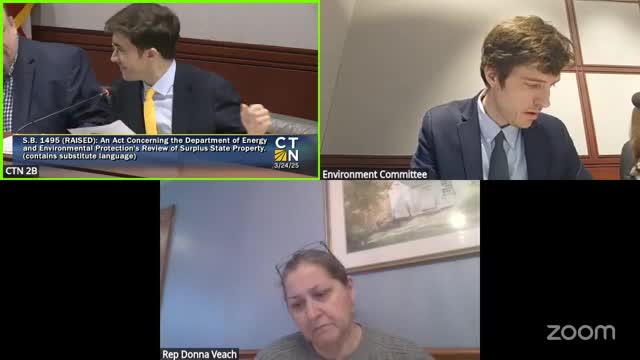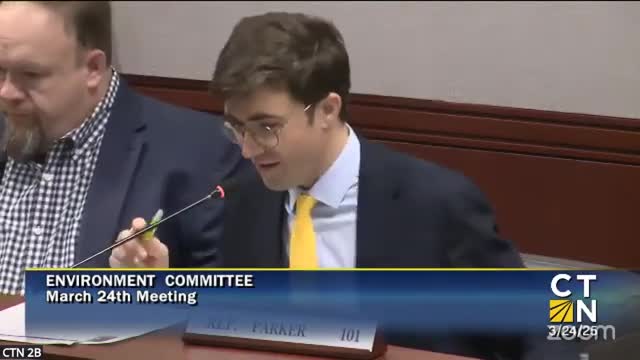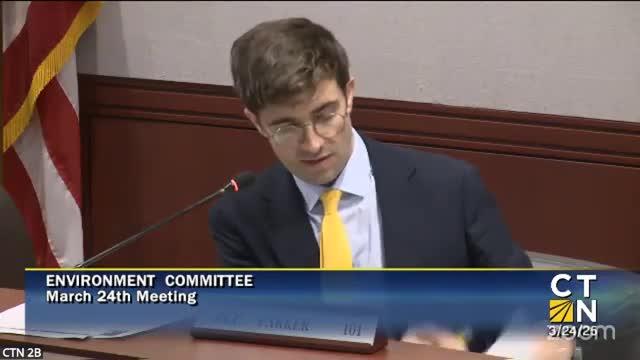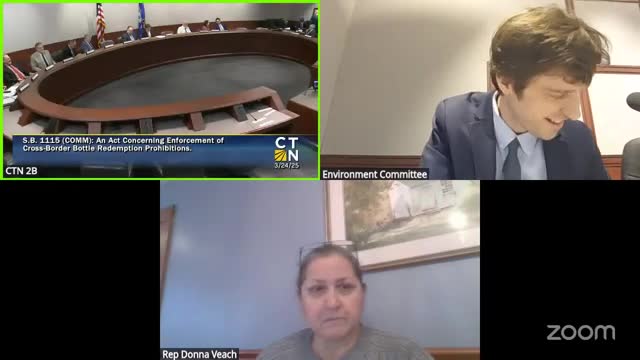Article not found
This article is no longer available. But don't worry—we've gathered other articles that discuss the same topic.

Committee consensus: multiple environment‑related bills moved to consent and to the floor

Committee advances SEPA‑appeals limit amid sharp objections from environmental advocates

Committee sends limited leaf‑blower ban for state agencies to floor after broad debate

Committee advances riparian‑buffer bill after debate over scope, wetlands authority

Committee advances bill to review state surplus properties for renewable use; member flags siting concerns

